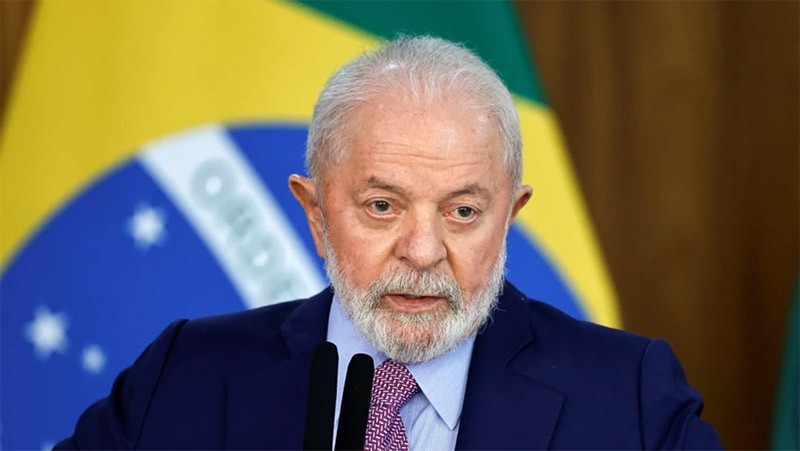
President of the Federative Republic of Brazil Luiz Inácio Lula da Silva. (Photo: VNA)
The delegation included: President of the Federal Senate and National Assembly Davi Alcolumbre; President of the Chamber of Deputies Hugo Motta; Minister of Foreign Affairs Mauro Vieira; Minister of Transport Renan Filho; Minister of Ports and Airports Silvio Costa Filho; Minister of Agriculture and Livestock Carlos Faváro; Minister of Education Camilo Santana; Minister of Mines and Energy Alexandre Silveira; Minister of Communications Juscelino Filho; Minister of Science, Technology and Innovation Luciana Santos; Minister of Environment and Climate Change Marina Silva; Minister of Regional Integration and Development Waldez Góes; Minister of the Office of Institutional Security of the Presidential Palace Marcos Antonio Amaro dos Santos; Brazilian Ambassador to Vietnam Marco Farani.
President Luiz Inácio Lula da Silva was born on October 27, 1945, in the city of Garanhuns, Pernambuco state. From 1959 to 1965, he worked as a mechanic and lathe worker in São Paulo. In 1966, he began participating in the trade union movement at the Villares Group in São Paulo state, a leading enterprise in the Brazilian metallurgical industry. In 1969, he was elected as an alternate member of the Executive Committee of the Metallurgical Workers' Union. In 1972, he was elected First Secretary of the Metallurgical Workers' Union. In 1975, he was elected President of the Metallurgical Workers' Union and was re-elected to that position in 1978.
In February 1980, he founded the Brazilian Workers' Party (PT) by bringing together unionists, intellectuals, politicians , representatives of social movements including religious leaders and farmers. In the same year, he was imprisoned for 31 days by the Brazilian military government along with several union leaders due to a strike by metallurgical workers. He served as Chairman of the PT from its founding until 1988.
In 1982, Luiz Inácio Lula da Silva ran for Governor of São Paulo, but only finished fourth in the vote. In August 1983, he co-founded the trade union “Unique Center of Workers – CUT”. In 1986, he was elected to the House of Representatives and entered the Constituent Assembly . During the period 1989-1998, he was the candidate of the Workers’ Party for the presidency in the 1989, 1994 and 1998 elections but was defeated.
In October 2002, he was elected President of Brazil for the first term (January 2003-January 2007) as a candidate of the Left Alliance. From October 2006 to December 2010, he was elected President of Brazil for the second term (January 2007- December 2010). In November 2022, he was elected President of Brazil for the third term (January 2023-January 2027). From January 1, 2023 to present, he has been President of the Federative Republic of Brazil.
Nhandan.vn
Source: https://nhandan.vn/tong-thong-brazil-bat-dau-tham-cap-nha-nuoc-toi-viet-nam-post867925.html





![[Photo] Prime Minister Pham Minh Chinh chairs conference to promote public investment growth momentum](https://vphoto.vietnam.vn/thumb/1200x675/vietnam/resource/IMAGE/2025/5/20/7d1fac1aef9d4002a09ee8fa7e0fc5c5)

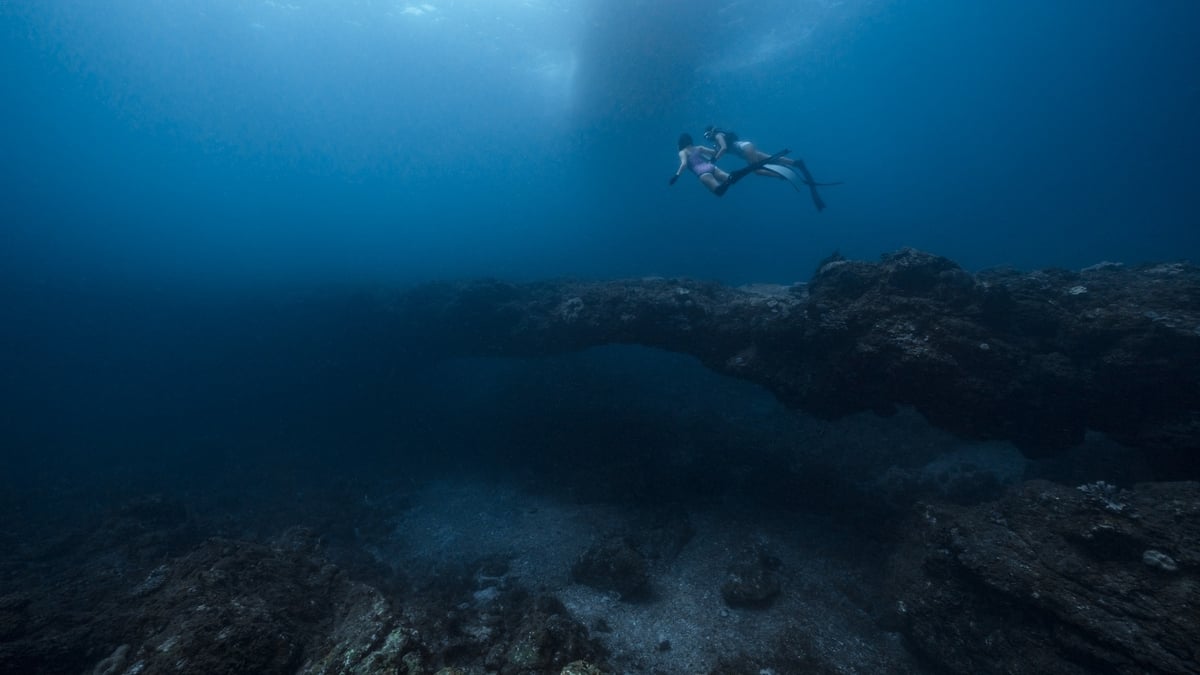
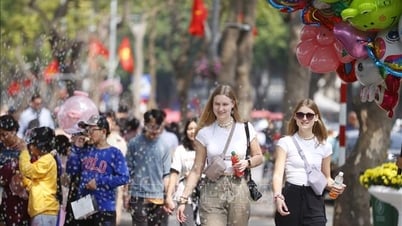





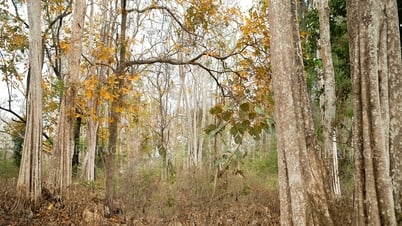




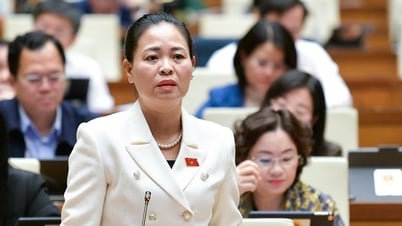

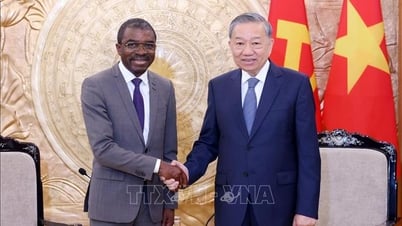
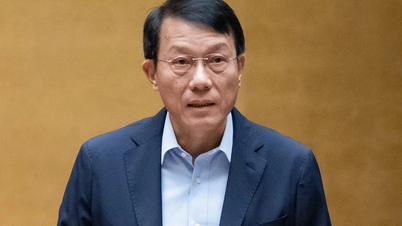
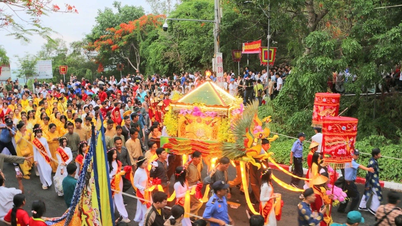






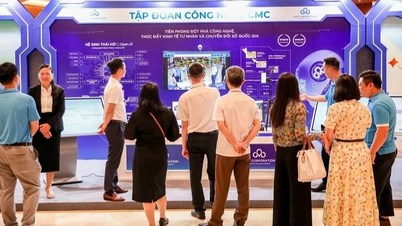
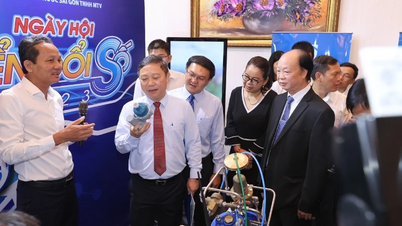
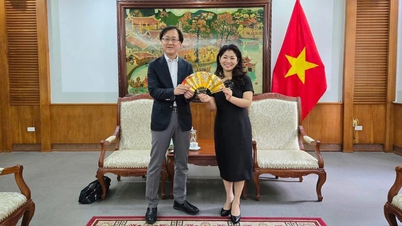
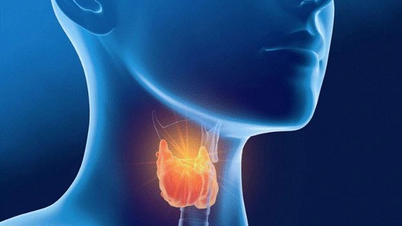
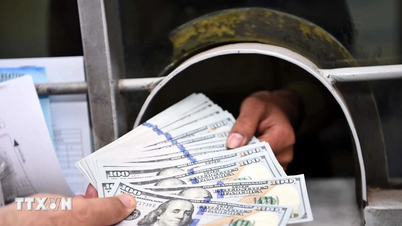
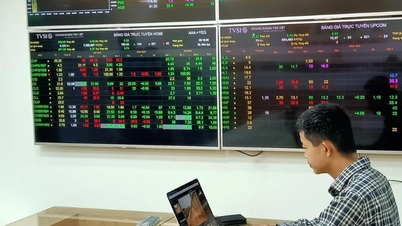
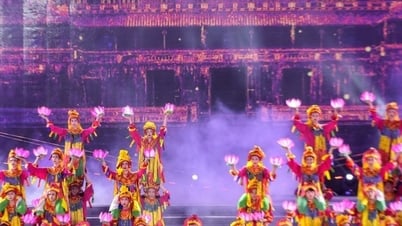




















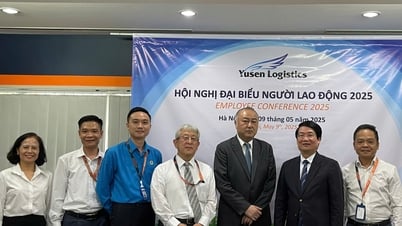







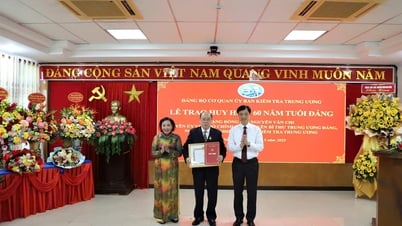

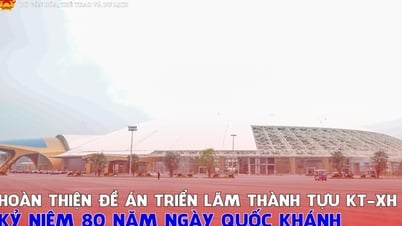

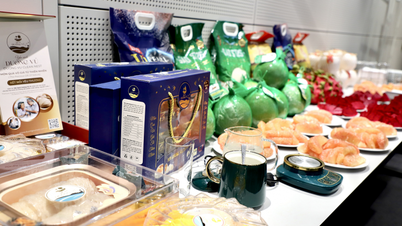

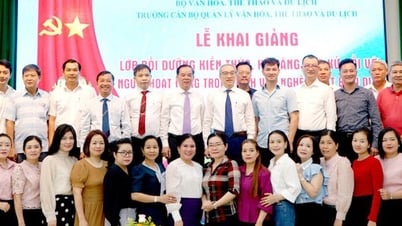

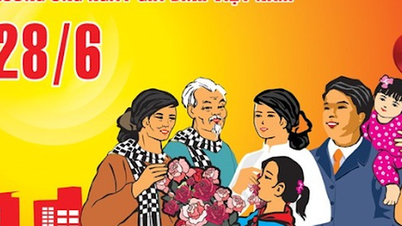
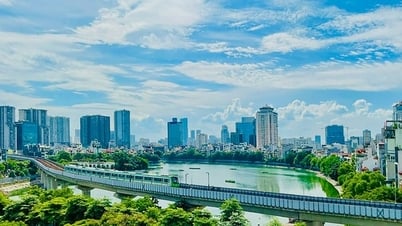

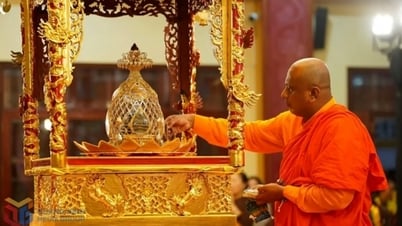
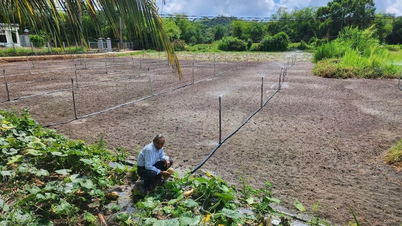

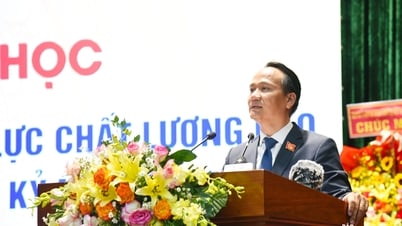

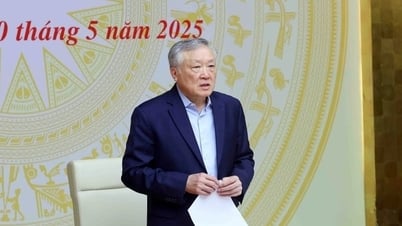

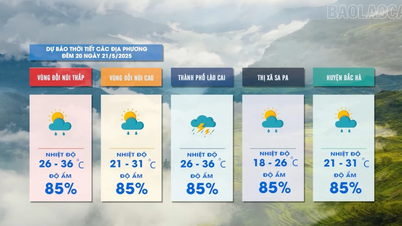













Comment (0)